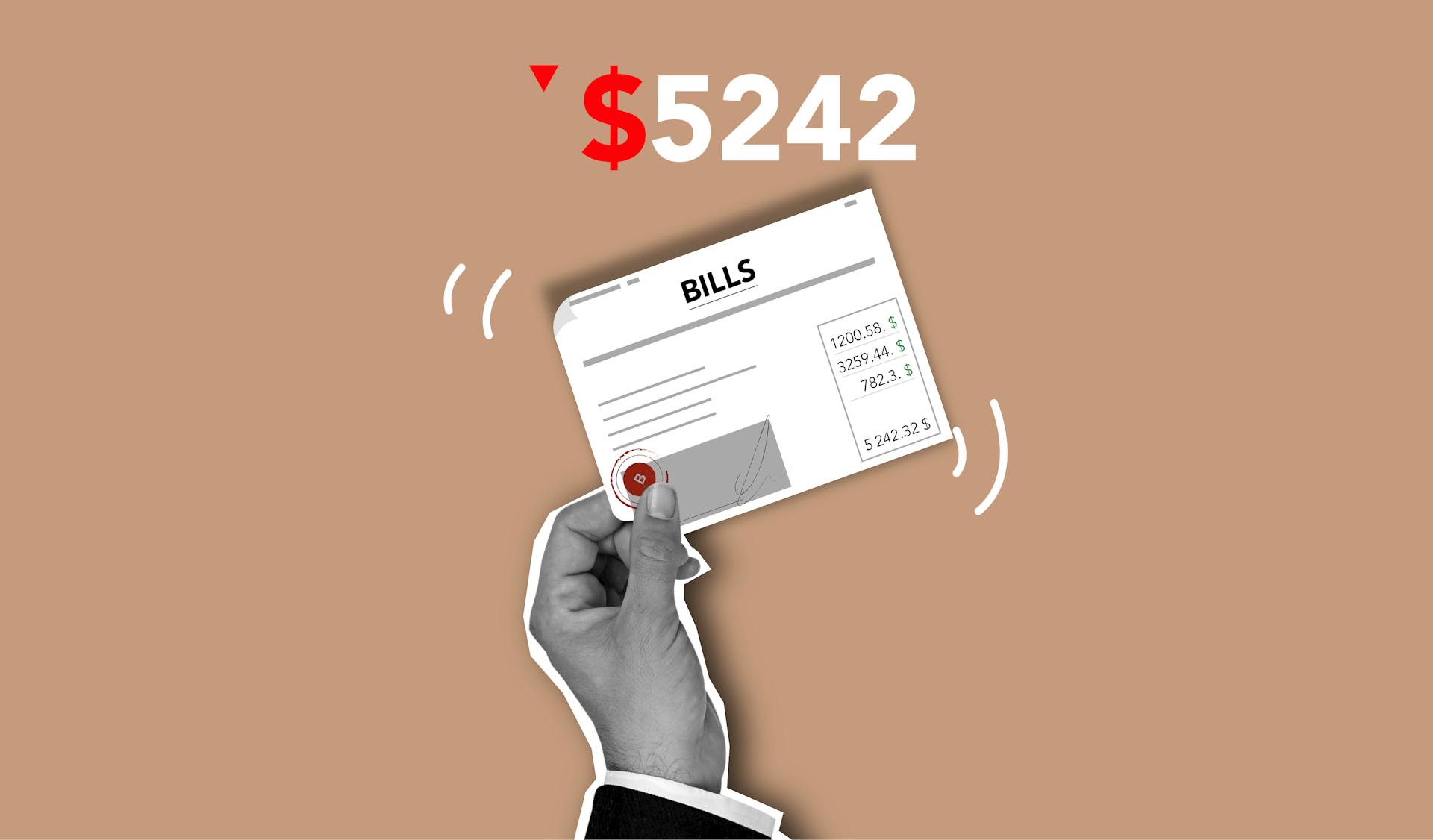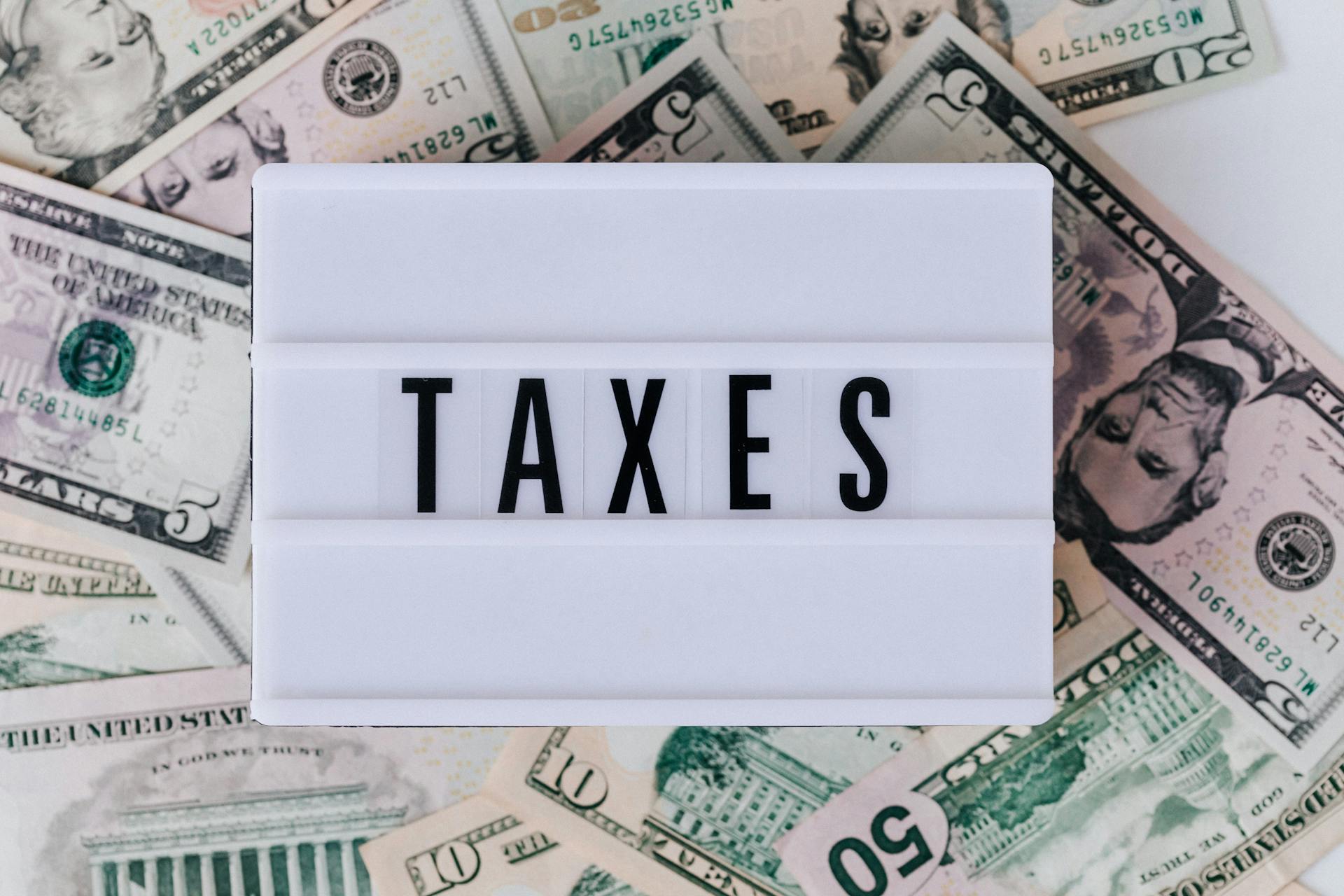
Tax nexus is a term that describes the relationship between a business and a particular state’s taxing authority. It refers to when a business has established sufficient contact with the state, making them liable for taxes in that state. The term “tax nexus” is used by all levels of government, from the local to federal level, and understanding it can help businesses avoid costly tax penalties or fines.
Tax nexus is an important concept for businesses to understand due to the fact that failure to comply with the rules governing it can result in hefty fines and other penalties. Depending on the type of business you're running and where your customers are located, you may be required to collect sales tax from your customers even if you don't have a physical presence within their state. Additionally, if your company earns income in more than one state then you could be subject to multiple taxing authority regulations.
For those who are unfamiliar with how tax nexus works and its consequences for both businesses and consumers, this article will provide an overview of what it means, when it applies, and why businesses should be aware of how it affects them.
For your interest: Flipping Houses and Taxes
What is a Tax Nexus and How Does it Impact You?
Tax nexus is a term used to describe the link between a business and a taxing authority. According to tax law, if this link or connection is considered substantial enough, the business will be subject to the taxing authority's regulations. It can be a complicated issue when it comes to dealing with online sales businesses that serve numerous states and countries.
Understanding how and why tax nexus works from both sides is important for both businesses and customers alike. For businesses, learning about tax nexus can help them stay on top of their taxes correctly and avoid penalties or fines for failing to pay taxes in any state or country where they do business. For customers, understanding tax nexus helps them know what taxes they should be paying on purchases made from out-of-state companies.
Tax nexus has become an increasingly important topic as more online sales businesses have taken off in recent years. Businesses need to understand what constitutes a substantial link between their operations and certain jurisdictions so they can meet their legal obligations while consumers need to be informed so they know what taxes are applicable when making purchases from beyond their own state’s borders.
You might like: Online Business and Taxes
Uncovering the Mystery of Tax Nexus

Understanding what a tax nexus is can be confusing and overwhelming. It's an important concept to understand when it comes to navigating the world of tax law. A tax nexus is a term used to define a connection between a business and a taxing authority that requires the business to pay taxes on income earned in that jurisdiction.
What makes up a tax nexus is determined by state law, and it's usually defined in the state constitution or other form of legislation. Generally, this type of presence or activity must meet certain standards set forth by both state and federal law, including the due process clause and the commerce clause in the U.S. Constitution. To establish a legally binding tax nexus, businesses must have substantial presence within the taxing authority's jurisdiction.
Tax nexus requirements are complex and vary from state to state, so it’s important for businesses to understand their obligations when operating across multiple jurisdictions. Understanding what constitutes a “tax presence” or “tax nexus” is key to successfully navigating the complicated world of taxation and ensuring compliance with applicable laws.
If this caught your attention, see: Corporate Taxes by State
1. Note
What is a Tax Nexus?
Tax nexus is an important concept in the sales tax framework and is defined differently in different states. Historically, it has meant maintaining property, employing workers or engaging in some sort of business activity in a particular state or locality. A taxpaying entity with a tax nexus must collect sales taxes on their products and services and pay income tax on any income generated within that state. In short, if your business has any connection to a state, you likely have a tax nexus there.
Readers also liked: What Is Sales Tax
Why it’s important that small business owners understand sales tax nexus
As a business owner, understanding your sales tax obligations is an important part of running a successful company. This includes knowing when the sales tax nexus applies to you and your business. There are several reasons why it’s important to understand sales tax nexus, such as being able to collect the right amount of sales tax in all applicable states or being left holding the bag for unpaid state taxes.
When it comes to understanding sales tax nexus, you need to know which specific state requires you to collect and remit their taxes. If you don’t charge the correct amount of sales tax or don't collect sales tax at all, then you will be responsible for paying back taxes if an audit reveals that you had established nexus in that state. It's not worth trying to offer customers the lowest prices by not charging them sales tax because down the road, this could cost you more than what was saved.
If you're pursuing a new opportunity and want to ensure that your company is compliant with applicable state laws pertaining to sales tax nexus, consider registering with a professional service for a nexus study or carrying out a nexus study on your own. Once registered, they can determine your current tax exposure and help limit any past liabilities so long as you're forthcoming about past obligations or taxes owed. In some cases, states will even offer limited-time amnesty periods where they waive penalties or interest payments on small percentages added as long as they are paid within the given timeframe. Understanding Sales Tax Nexus can help keep your business out of trouble while helping you stay compliant with ever-changing regulations.
Check this out: Taxes on Sale of Business S Corp
Discovering Your Sales Tax Nexus Status in a State

Many states require businesses to pay sales taxes on goods and services they sell. Establishing a sales tax nexus, or meeting certain criteria that indicates an obligation to collect and remit taxes, is key to staying compliant with these rules. The general rules for establishing nexus vary from state to state, and understanding what things you'll need to consider can help you determine whether you're required to collect sales tax.
Sales tax nexus can be based on the total dollar amount of your sales, the number of transactions you make in a state, or if your business has any physical presence there such as an office or warehouse. It's important to note that even if your business has not met those criteria yet, if you're close it's wise to start preparing: some states apply their sales tax rates statewide while others rely on individual municipalities who may have different rates. Depending on your business' size and activity levels, there may be a transaction volume threshold or other sales dollars-based criteria at which point the state taxing authority will expect you to start charging customers sales tax.
Ultimately, determining your sales tax nexus status in each applicable state is essential for remaining compliant with applicable laws. Understanding the general rules for establishing nexus as well as any variations based on specific criteria will help you assess where exactly your business stands and when it's time to start collecting taxes from customers.
Readers also liked: Filing Multiple State Tax Returns
Frequently Asked Questions
What is Nexus and why is it important?
Nexus is a platform for creating distributed applications, which are more secure, efficient, and cost-effective than traditional web applications. It is important because it allows developers to create decentralized applications with improved speed, privacy, and scalability.
What is an example of sales tax nexus?
Sales tax nexus is when a business has sufficient physical presence in a state that the state can require it to collect sales tax from customers. For example, if a business has an office, warehouse, or employees in another state, they could be subject to sales tax collection requirements.
What is economic nexus legislation?
Economic nexus legislation is a type of state tax law that requires businesses to collect and remit taxes on sales if they meet certain revenue or transaction thresholds. Learn more about how economic nexus affects your business.
What is tax nexus and why is it important?
Tax nexus is a legal term that identifies a business's obligation to pay taxes in a certain state or country. It is important because it helps businesses comply with taxation laws and remain compliant with the tax authorities.
What does it mean to have a nexus?
Having a nexus means having a close connection or link to something; it can refer to a physical location, a relationship, or an influence. To learn more, read our in-depth explanation of what it means to have a nexus.
Featured Images: pexels.com


